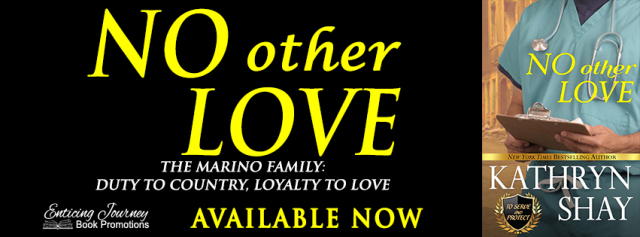I didn’t think I would ever run out of things from the CalDreaming Conference to write about. I probably still have notes to transcribe from the RWA National Convention last year. But here I am looking at my notes and I think it’s time to share Mr. Mayer with you.
http://bobmayer.com/
Bob has worn many hats in his lifetime including Best Selling Author. The one that seems to get him the most book sales is former Green Beret. His army days provided lots of knowledge about covert ops and missions. He taught as the JFK Warfare Center (http://www.military.com/special-operations/john-f-kennedy-special-warfare-center-and-school.html) and has written 70 books. He reads lots of other books, usually military stuff. He recommends reading as research if you want to get things right. A good one is the Jack Reacher series by Lee Child (http://www.leechild.com/books.php). He showed us a film clip from a movie that I didn’t catch or recognize. He said you could tell it was Hollywood because they show a jump at sunset. He always jumped at the dark of night. HALO or HAHO jumps, stands for High Altitude and either Low or High Opening.

There’s a Big Secret in Publishing. The top authors get huge royalty rates but sign non-disclosure agreements so they can’t talk about it. Reminds me of the scene in Mrs. Parker and the Vicious Circle, where the magazine writers wore their salaries on signs around their necks because they weren’t allowed to talk about it. Due to the lack of value and respect for Romance Writers, the stats for the best selling list have been tweaked. It’s a slap to Romance Writers.
So when you write, focus on whatever makes you emotional – when you are inspired, upset, worried, angry. Predictably irrational. Make your characters feel whatever that is, whatever makes them emotional and irrational.
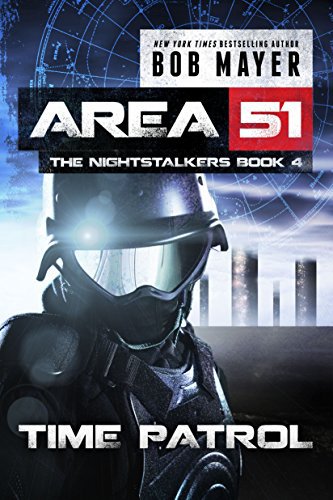
By the way, all the slides Bob showed to us are available free at slideshare.net/coolgus (Cool Gus is his yellow lab who travels with him. Adorable!) (And the slide shows on Bob’s site are mind-boggling! Great information.)
Character is pre-eminent and Emotion is more important than logic. Humans are more likely to act emotionally. Which is more important, the Mission or the Men? Army teachings say the Mission is more important. But without the Men, the Mission will fail. He’s never been able to resolve that one.
 Bob Mayer and Cool Gus
Bob Mayer and Cool Gus
Goals are what characters are striving for. Motivation is what drives them toward the goal.
Everyone in your book thinks the story is about them. Watch the secondary characters in any story. You’ll see they act as if their actions matter. Everyone has a core motivation. Dig deep until you find out what it is. Sibling rivalry? Parents treated him or her badly? The motivation must be believable to the reader. By the way, sitting alone in a room and writing is not normal. You all need therapy. All writers need to know what their motivation is. And that of all the characters in the story.
Ask your characters:
What do you want?
What do you really want?
What do you need?
If you can, watch the cable show called The Affair. The cinematography is done as if you are reading a book. First, the story is shown from the point of view of the man, then the woman. And they are never exactly the same. Each character remembers it and experiences it differently. Men are simple. They want money, sex, beer. Maybe some good food. Don’t make your men too complicated.

Fear is the feeling of alarm or disquiet caused by the expectation of danger, pain, or the like.
Heroism is taking action in the face of fear. Fear stems from uncertainty. Tell the bad news, it won’t be as bad as what they imagine. Check out Maslow’s hierarchy of needs. https://www.simplypsychology.org/maslow.html
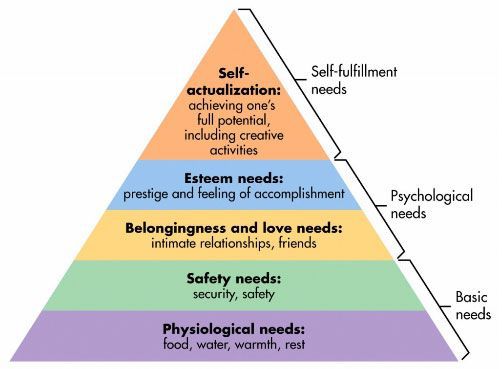
Push your protagonist down on the hierarchy. A good example is the 1942 movie, Woman of the Year. Conflict makes the romance stumble. https://en.wikipedia.org/wiki/Woman_of_the_Year
Is your protagonist going to change? Same question for antagonist
What is his or her blind spot? A therapist knows in the first session what’s wrong with you, but can’t tell you because you won’t come back and keep paying fees. Watch The Long Con episode of Lost. https://en.wikipedia.org/wiki/The_Long_Con and The Best Offer with Geoffrey Rush. https://en.wikipedia.org/wiki/The_Best_Offer What is your character willing to do to achieve his or her goal?
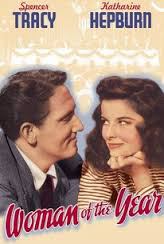
In a moment of crisis, what is the driving force? With everyone using e-readers, we can’t see what people are reading on planes any longer. How does that change group dynamics? What is our first impression of the character, how does the reader meet them?
The strongest character arc is redemption, but if the character is so low when we meet them, we might not like him enough to see him redeemed.
How do you get to know people in real life? Writing is the only art form that is not essential. (I’m not sure I agree with that, Mr. Mayer, and I know Jeff Goins does not. https://goinswriter.com/sad-art/)
Think of a Key Point in your life when you will never be the same again. Watch LA Confidential for an example. https://en.wikipedia.org/wiki/L.A._Confidential_(film)
Don’t tell the reader anything they need to know until they need to know it. Readers invest time in your books, more than the cost.

The heroine would usually fail in the climatic scene if she is the same as in the opening. She has to change to be able to do what needs to be done.
Serial killers need genetics and the triggers. Otherwise, they are not believable.
The protagonist, if removed, then the plot collapses. The protagonist is the story. Introduces the plot initially by introducing the problem.
Do the antagonist’s plan. The stronger the antagonist, the stronger the protagonist. Examples are Blade Runner. https://en.wikipedia.org/wiki/Blade_Runner And Battlestar Galactica. https://en.wikipedia.org/wiki/Battlestar_Galactica_(2004_TV_series)
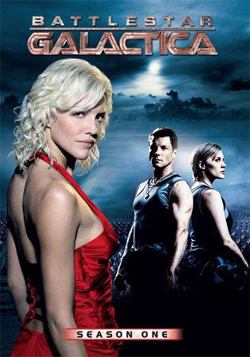
Fear is often a primary motivator. Show, don’t tell. Actions speak louder than words. Give the spark of redemption.
There’s more, but I’m going to pause there and let you digest the amazing input and ideas from Mr. Mayer. Let me know in the comments if you find this useful and if you agree or disagree with his teachings.
Thanks for reading, I’ll be back on Sunday with Part Two.
Advertisements Share this:- More





